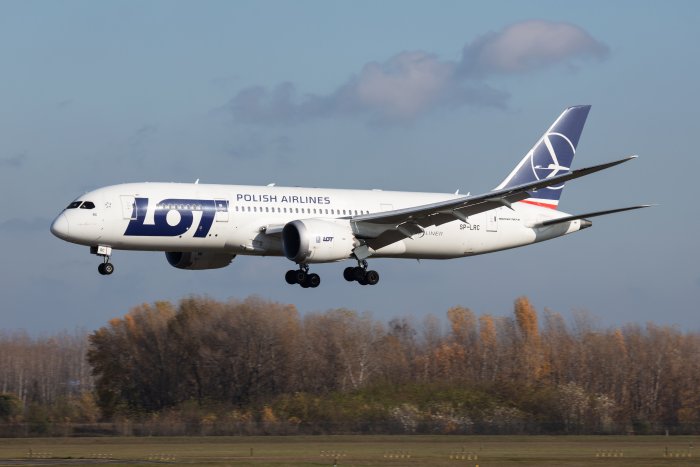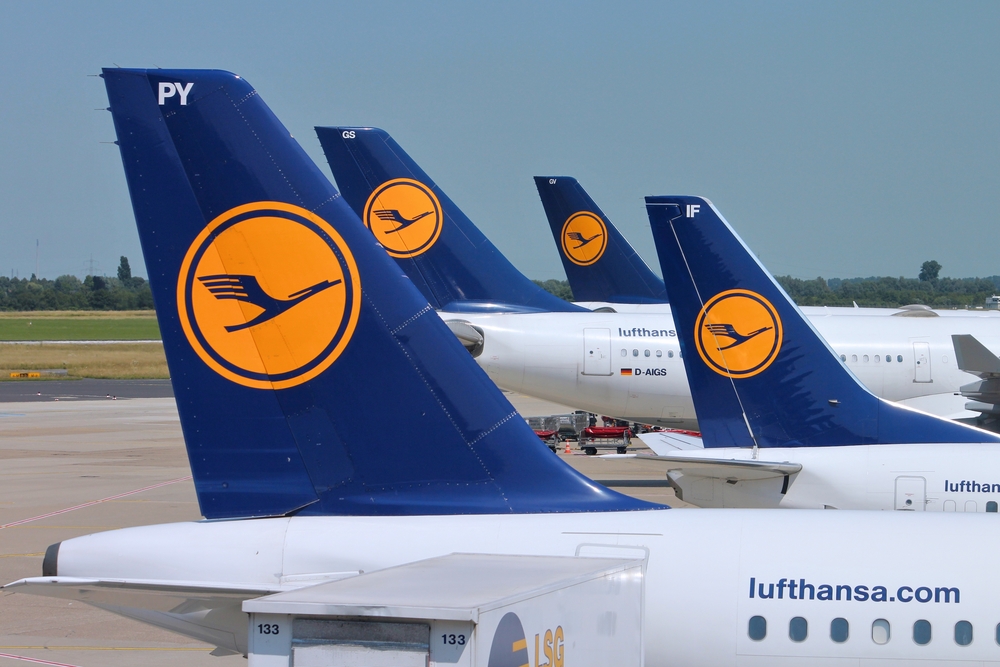Up for the future? – Hungary’s need and scope for a new national airline

Despite several statements about already negotiating how and when to put a new Hungarian airline into the sky, it seems that not much has really happened since Malév grounded its flights on February 3. Is the lack of progress harmful? And does Hungary need a national carrier at all?
Considering that five months have passed without significant steps in order to establish a new Hungary-based national airline since Malév went bankrupt in early February, one might think that it is not important to have one. In reality, it seems, it is quite the opposite.
According to a recent Ernst & Young survey, 69% of Hungarians think it important to have strategically important companies such as a state-owned national airline; the leaders of the country also communicate it as a priority. Prime Minister Viktor Orbán himself emphasized the importance of a new national carrier, calling it a national economic interest. The accessibility of a country is among the first things to consider when deciding on new investments, he pointed out. Meanwhile, tourism experts envision a downturn in tourism to Hungary, saying that although low-cost airlines have picked up 80% of Malév’s passengers former, 1.5 million travelers still have no other choice than to go to airports in other countries, which means a great loss in the number of guest nights in Budapest.
Transportation expert Ferenc Turi shares the opinion that having a national airline is strongly in the country’s interest. As he pointed out, tens of thousands of workplaces and hundreds of Hungarian businesses are threatened as a result of losing Malév.
Similar arguments appear in the so-called White Book about Malév, published by the government in 2010, which said that the company had paid SMEs HUF 6 billion. “Malév’s disappearance would cause a significant competitive disadvantage for Hungary,” it stated, adding, “Besides other benefits, Malév operates as a responsible domestic company that carries troubled citizens home and cooperates with charity organizations.” Malév provided 40% of the traffic at Budapest Ferenc Liszt Airport’s (BFLA) and, according to the privatization contract, if the airport’s traffic falls under a certain amount, the Hungarian state has to pay compensation to operator Budapest Airport Zrt.
However, despite the seemingly obvious necessity of a national airline, it remains a fact that Malév flights are no longer in the sky; speculation about when and how to establish a new airline has become a permanent feature.
Not working
While the government-friendly daily Magyar Hírlap in mid-June claimed that a new Hungarian airline might come as early as this year, pointing to the fact that the government has kept alive two Malév subsidiaries, Malév Ground Handling Zrt and the technological maintenance company Aeroplex of Central Europe Kft, not much else can serve as a basis for optimism.
Sixteen of the flight rights between Hungary and non-EU countries are up for sale, and tenders for the exclusive Hungary-Israel and Hungary-Ukraine routes have already been submitted to the National Transport Authority’s (NKH) Directorate for Air Transport (LH). As it told the Budapest Business Journal, once a company gets the flight rights for a given line, this right can be revoked after five years – or more precisely, after ten schedule periods – at the earliest. This means that if the rights are successfully tendered and allocated and the new owner operates its flights according to the regulations, a new Hungarian national airline will not have a chance to get back its assets for a long time.
Beyond the borders
Losing assets is not the only reason any hypothetical new Hungarian national carrier is racing against the clock. The international air transportation market is also working against the cause with every passing day. Ryanair has made its third offer to buy Ireland’s struggling national airline, Aer Lingus, a takeover that would only make the already prosperous and aggressive Irish low-cost airline even more dangerous for any competitors. Turkish Airlines is also in the hunt for Aer Lingus, while it also made several offers for Poland’s troubled LOT. Meanwhile, the Finnish and Serbian national airlines are fighting for survival.
LOT’s story, in particular, shows many similarities with that of Malév. Following an unsuccessful privatization attempt, the Polish airline was renationalized. In the past four years, LOT generated almost €240 million in losses and also received financial support from the state, which might raise questions from the European Commission.
However, competition from LOT could still be a serious threat to any new Hungarian airline. After long years of struggle, the company has improved its numbers in the past two years, and by 2011 had reduced its losses to €29 million from 2010’s €32 million. The Polish State Treasury currently owns 67.97% of LOT shares, but privatization is already in the pipeline, and as LOT plans be back in the black this year, its denationalization does not seem to be a lost cause at all.
And while LOT’s position is easy to boost with a capital injection, any post-Malév company would have to start over from zero. In that regard, it seems unlikely that a private investor would choose to finance Hungarian plans. As such, by the time the financial resources are finally found and the Hungarian airline can get back into the air, there may be no market gap to fill. Not to mention that the summer, the most profitable period of the year, will clearly be over by the time a new carrier can take to the skies.
Seeking partners
A private investor will be essential, as the European Commission not only forbids the new airline from being the legal successor of Malév Zrt but also specifies that the Hungarian state cannot be the majority owner of the new company. “As such, involving a financially strong investor that has a well-built strategy in line with Hungary’s national interests is necessary to establish and run a new airline,” the National Development Ministry (NFM) told the BBJ. To our question about the identity of possible investors, the ministry refused to mention names but admitted, “finding the appropriate partner is an especially time-consuming and complex task among the current world economic circumstances and in the situation of the international air transport market.”
Despite the problems, the NFM’s communication still hit somewhat optimistic tones. “Even with the difficulties and the unfavorable circumstances, the ministry does not consider the establishment of a new Budapest-based airline unrealistic.”
Dark clouds
Expert Ferenc Turi is less hopeful, saying that airlines can choose from three strategic models: low-cost, network or regional. As he pointed out, there are enough low-cost airlines; a network airline is not an option for Hungary as it requires a strong intercontinental system of connections; while to implement the regional model, a Budapest-centered network airline would be needed as a partner. “Not to mention that as time goes by the chance for an investor seeing potential in a Budapest-centered airline only decreases. As such, the market value of the Malév brand, which is owned by the state, becomes questionable as well,” he said.
And according to many international experts, in the long-term, smaller national airlines cannot compete either with low-cost airlines or with huge airlines with powerful fleets and well-built flight networks. As a result, they say, a few low-cost airlines and three or four big airlines, namely Lufthansa, British Airways, Air France and KLM, might rule the European skies in five to ten years’ time.
SUPPORT THE BUDAPEST BUSINESS JOURNAL
Producing journalism that is worthy of the name is a costly business. For 27 years, the publishers, editors and reporters of the Budapest Business Journal have striven to bring you business news that works, information that you can trust, that is factual, accurate and presented without fear or favor.
Newspaper organizations across the globe have struggled to find a business model that allows them to continue to excel, without compromising their ability to perform. Most recently, some have experimented with the idea of involving their most important stakeholders, their readers.
We would like to offer that same opportunity to our readers. We would like to invite you to help us deliver the quality business journalism you require. Hit our Support the BBJ button and you can choose the how much and how often you send us your contributions.








